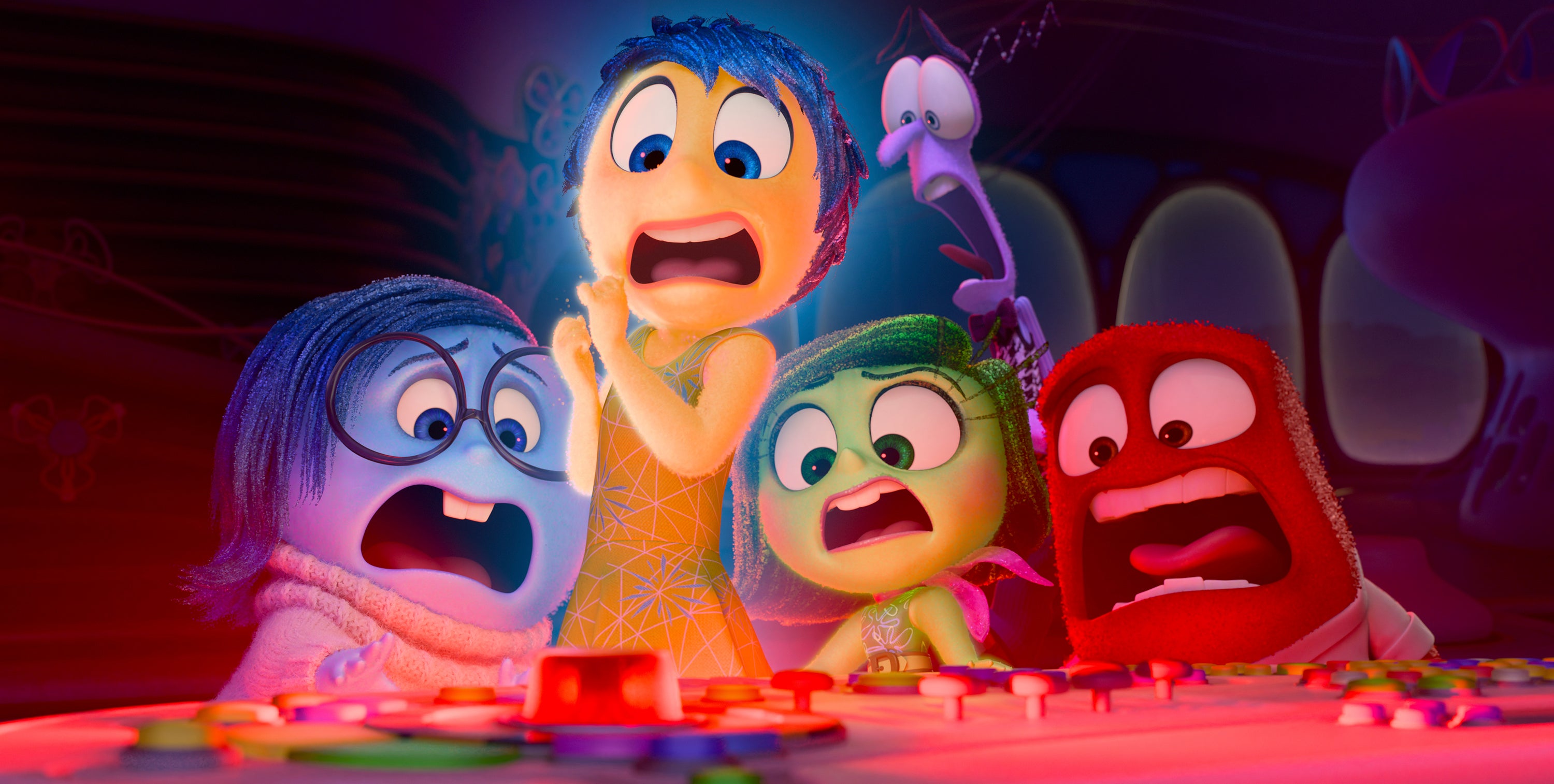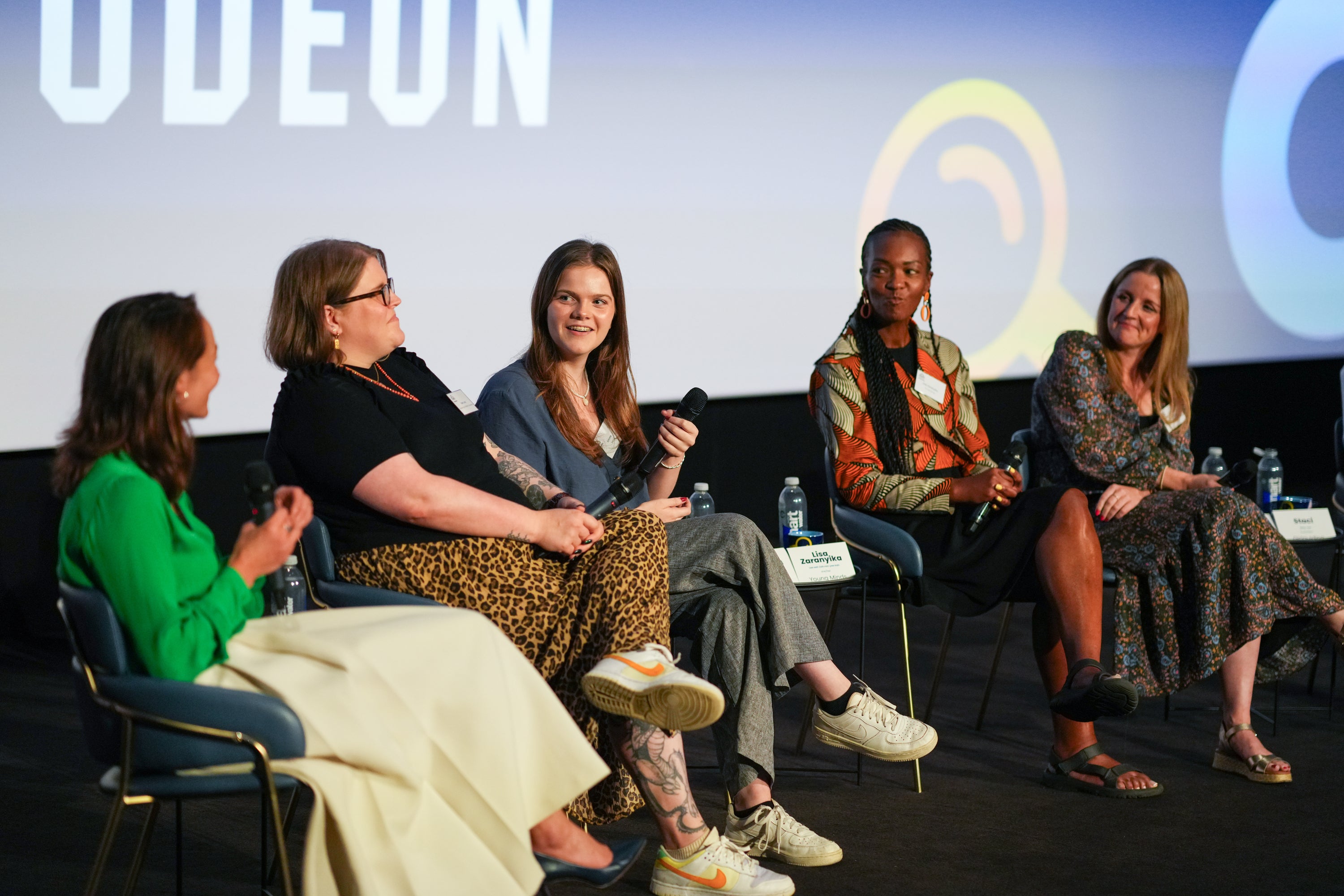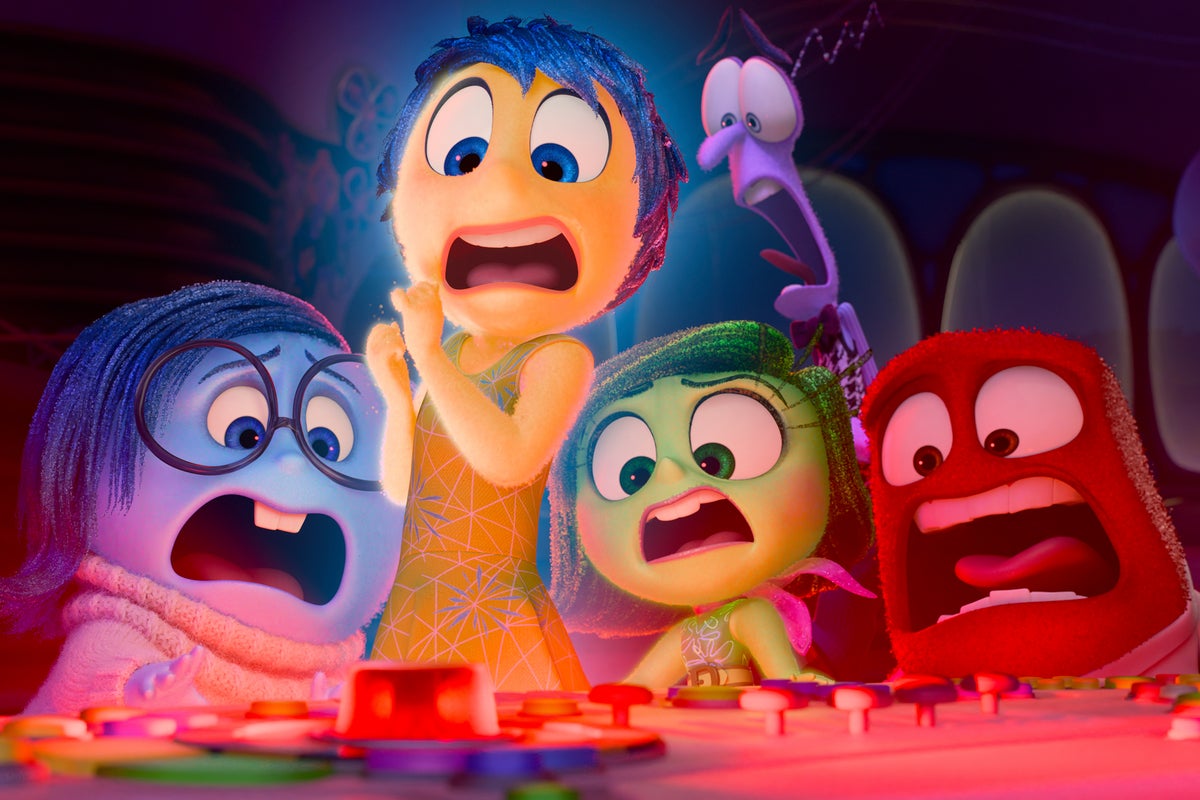Your support helps us to tell the story
From reproductive rights to climate change to Big Tech, The Independent is on the ground when the story is developing. Whether it’s investigating the financials of Elon Musk’s pro-Trump PAC or producing our latest documentary, ‘The A Word’, which shines a light on the American women fighting for reproductive rights, we know how important it is to parse out the facts from the messaging.
At such a critical moment in US history, we need reporters on the ground. Your donation allows us to keep sending journalists to speak to both sides of the story.
The Independent is trusted by Americans across the entire political spectrum. And unlike many other quality news outlets, we choose not to lock Americans out of our reporting and analysis with paywalls. We believe quality journalism should be available to everyone, paid for by those who can afford it.
Your support makes all the difference.Read more
The rise of on screen mental health in scripted entertainment is making young girls feel more comfortable about discussing it in real life.
Sixty-per cent of girls aged between 11 and 18 are encouraged to talk about the subject after seeing characters with the same conditions on screen.
The survey, conducted in collaboration with Odeon cinemas and Girlguiding, revealed that fictional depictions of mental health made 33 per cent of girls understand their own experience better and made them seek out support.
However, while 80 per cent of girls agreed that TV and films helped reduce stigma surrounding mental health, only 49 per cent believed that mental health is presented on screen in a way that “feels real and respectful”.
Katie, 18, said she felt the impact after BBC drama A Kind of Spark (2023) helped her discuss her own mental health and autism with friends and family.
The show, based on the novel by Elle McNicoll, follows Adeline “Addie” Darrow (Lola Blue) as she tries to build a memorial for the witches of her village.
“It felt really empowering,” the Girlguiding advocate told The Independent. “There was a specific scene where she is feeling overwhelmed and it perfectly encapsulates the experience. It is literally the perfect scene.
“It helped me to tell my experience to other people who might not be able to understand it the same way I do. I can show my parents a visual and say ‘Ok, this is what I’m feeling.’”

open image in gallery
Films like ‘Inside Out’ and ‘Inside Out 2’ have helped young people understand their emotions (Disney/Pixar)
At the time, she told her parents: “There’s a TV show that maybe we should watch together because it’s something that’s kind of to do with me.”
Twenty-one year old Staci had a similar experience. The depiction of anorexia in a TV show helped her spot signs in a friend who had been struggling and she was able to get her support through identifying similarities.
“It’s really important to believe the characters that you’re seeing on screen,” said Sarah Miles, head of brand, content, and digital engagement at Mind, during a panel at Odeon Luxe in Leicester Square on Wednesday (27 August).

open image in gallery
‘The Perks of Being a Wallflower’ was praised for its sensitive portrayal of trauma and PTSD (Summit Entertainment)
She explained that Pixar film Inside Out (2015) and its sequel Inside Out 2 (2024), which consulted with young people during production, were good examples of mental health awareness in movies. The films follow a series of animated characters based on a young girl’s emotions, including Joy, Anger, Disgust and Anxiety.
Other films and TV shows praised for their sensitive portrayals include The Perks of Being a Wallflower (2012), Big Mood (2024), Turtles All the Way Down (2024) and Everything Now (2023).
The panel emphasised the importance of representation with cinemas being one of the last refuges away from social media and mobile phones.
“If we have that authentic, respectful representation of mental health, it helps young people relate to that person. We know from our research at Mind, we know that when young people see a character or issues on screen that they can relate to that can encourage them to seek that support for themselves. That’s why it’s so important to get it right.”

open image in gallery
The panel discussed the need for more ‘authentic’, ‘nuanced’ and ‘complex’ portrayals of mental health conditions (Odeon/Girlguiding)
Some of this work appears to be being done with some in the TV industry consulting mental health charities and those with lived experience of mental health conditions. An example of this is Lacey Turner’s portrayal of post-partum psychosis as Stacey Slater on EastEnders. Turner consulted with Mind and mothers with the condition in order to portray it more accurately on screen.
BBFC guidelines also provide content warnings for viewers, providing information on depictions of trauma, self-harm or suicide.
Lisa Zaranyika, director of community and culture at Young Minds, agreed that a nuanced and complex presentation of mental health, “warts and all” is the most effective method of portraying conditions on screen. The panel agreed that it was important not to make mental health the sole defining characteristic of a person.

